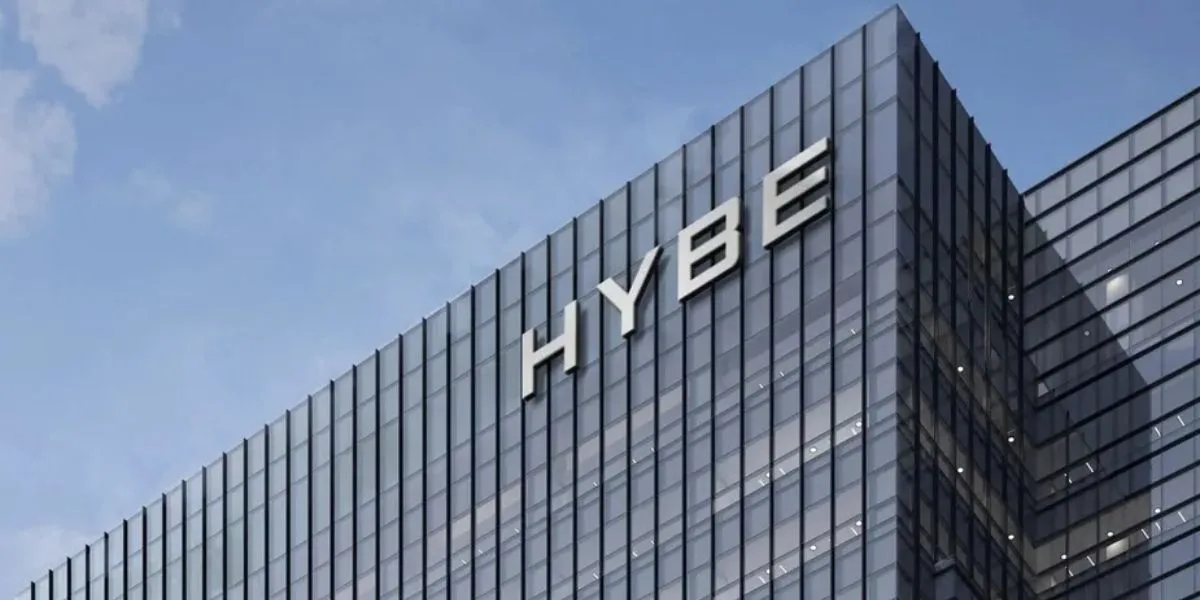HYBE, an entertainment agency, has just released its third-quarter performance report, and the numbers aren’t looking great.
The company’s consolidated operating profit took a hit, dropping 25.4% to 54.2 billion won compared to the same period last year. In addition, sales declined by 1.9% to 527.8 billion won.
HYBE reported a substantial 98.6% decline in third-quarter net profit, reaching 1.4 billion won. Total sales dipped 1.9% to 527.8 billion won.
Direct participation sales totaled 323 billion won, an 18.8% decline from last year. In contrast, indirect participation sales surged 31.8% to 204.9 billion won. Direct participation sales comprise albums, performances, advertising, and appearance fees, with album/music sales down 18.8% and performance sales down 14.8%.
In terms of sales, HYBE saw a significant increase in indirect participation sales, which includes merchandise, licensing, content, and fan club sales. This segment grew by 32%, with content sales specifically surging 64%.
Looking ahead to the fourth quarter, the label’s direct participation sales are expected to increase due to the several high-profile releases and tours.
It includes BTS Jin’s solo album on November 15, SEVENTEEN’s world tour and triple-million seller album, TXT’s encore concert and 7th mini-album release, and ENHYPEN’s repackaged album on November 11.
Further LE SSERAFIM’s Japanese single in December, BOYNEXTDOOR’s first solo concert tour in December will also contribute to the growth.
Moreover, HYBE’s youngest girl group ILLIT, which debuted in March, hit 1 million cumulative album sales with two releases.
The entertainment agency continues to face challenges due to ongoing disputes and controversy. The dispute with ADOR’s former CEO, Min Hee Jin, and the leak of the Music Industry Report have sparked massive backlash.
The report’s harsh criticism of idols from other agencies severely damaged HYBE’s reputation. Both domestic and international fans are boycotting the agency.
Amidst a sharp decline in net profit, HYBE has faced further criticism for awarding lucrative stock benefits to its executives. On October 22, the company granted 12,174 restricted stock units (RSUs) valued at 3.6 billion won to 20 top executives.
Notably, ADOR CEO Kim Joo Young, who recently testified in a state audit, received the largest allocation of 2,141 shares, worth approximately 420 million won.

